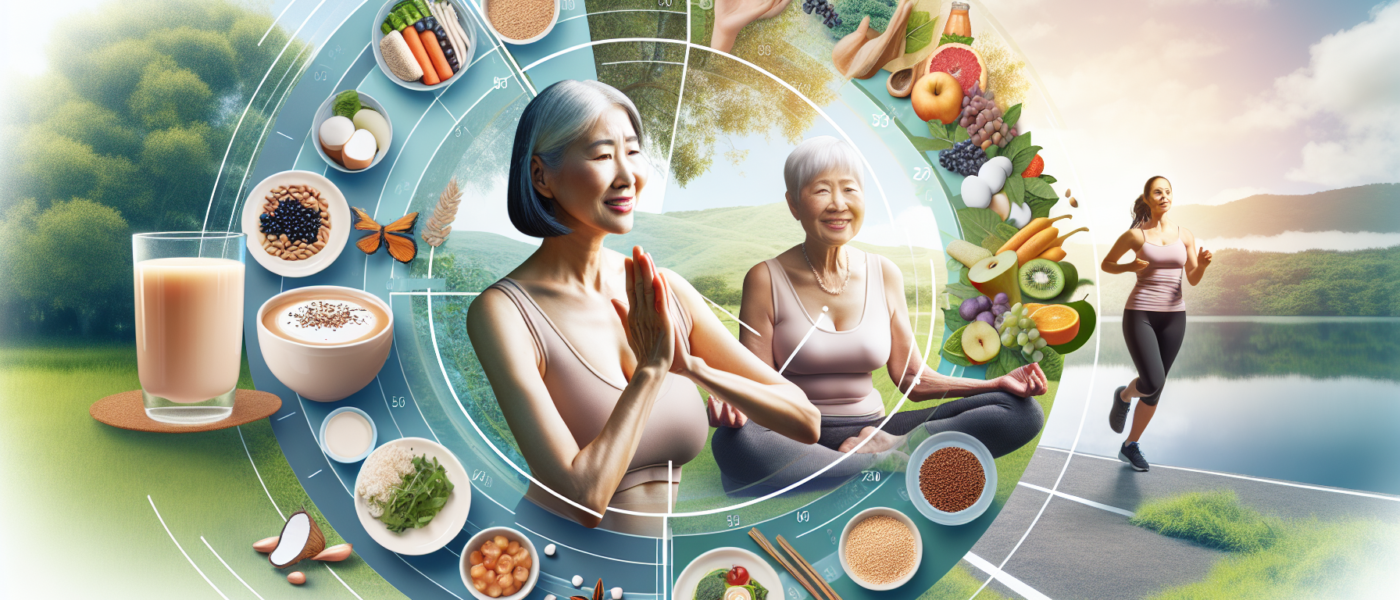Comprehensive Health, Fitness, and Nutrition Strategies for Women Over 50
The Importance of Strength Training and Protein Intake
Maintaining muscle mass, bone health, and balance becomes increasingly important for women over 50, especially as they approach menopause. Engaging in strength or resistance training is essential in achieving these health goals. Activities that include weight lifting or bodyweight exercises can significantly help in preserving muscle mass and improving bone density, thereby reducing the risk of osteoporosis and frailty.
Equally crucial is ensuring an adequate intake of protein to support muscle development and repair. Women over 50 should aim for a higher protein intake, ideally between 1 to 1.1 grams of protein per pound of body weight per day. This dietary adjustment is vital to meet increased protein needs that come with aging.
Flexibility, Cardiovascular Health, and Nutritional Balance
Staying flexible can help prevent injuries and alleviate muscle soreness, which becomes more pertinent with age. Incorporating stretching exercises such as yoga and Pilates into your fitness routine can greatly enhance flexibility and maintain a full range of motion in your joints. This complements the benefits of regular strength training while also providing relaxation and stress relief.
Cardiovascular fitness is another key area of focus. High-intensity interval training (HIIT) and aerobic exercises like walking, jogging, swimming, and dance are recommended. HIIT can boost metabolic rate, reduce visceral fat, and improve cardiovascular health, while consistent aerobic exercise helps with weight management and heart health. Women should aim for 20 or more minutes of aerobic activity per session, about three or four times a week.
A well-balanced diet is fundamental for maintaining good health. Women over 50 should ensure their diet includes a variety of fruits, non-starchy and starchy vegetables, whole grains, protein foods, and healthy fats. Calorie control is also important, with daily intake tailored according to activity levels. For weight loss, 1,200 calories per day might be suitable, whereas 1,600 to 2,200 calories may be needed to maintain current weight.
The Mediterranean Diet and Adaptable Eating Plans
One dietary pattern that stands out for women over 50 is the Mediterranean diet. Rich in vegetables, legumes, fruits, nuts, and whole grains, it utilizes olive oil as the primary source of fat. This diet has been shown to support overall health and heart function systematically. It is advisable for women to consider integrating these elements into their daily meals to reap the proven benefits.
Finally, adopting a diet that is adaptable, sustainable in the long term, and not overly restrictive is crucial. Diets such as the Mediterranean, flexitarian, DASH, and MIND diets are recommended for their comprehensive nutritional profiles and evidence-based health benefits. These eating plans allow for personalization and flexibility, making it easier to adhere to a healthy lifestyle without feeling deprived.
In conclusion, understanding and embracing these health, fitness, and nutrition strategies can significantly enhance the quality of life for women over 50. By focusing on strength training, adequate protein intake, cardiovascular exercise, flexibility, and a balanced and adaptable diet, women can navigate the aging process with confidence and vitality.
